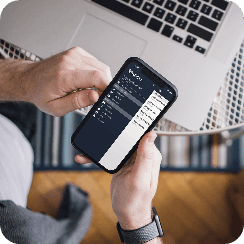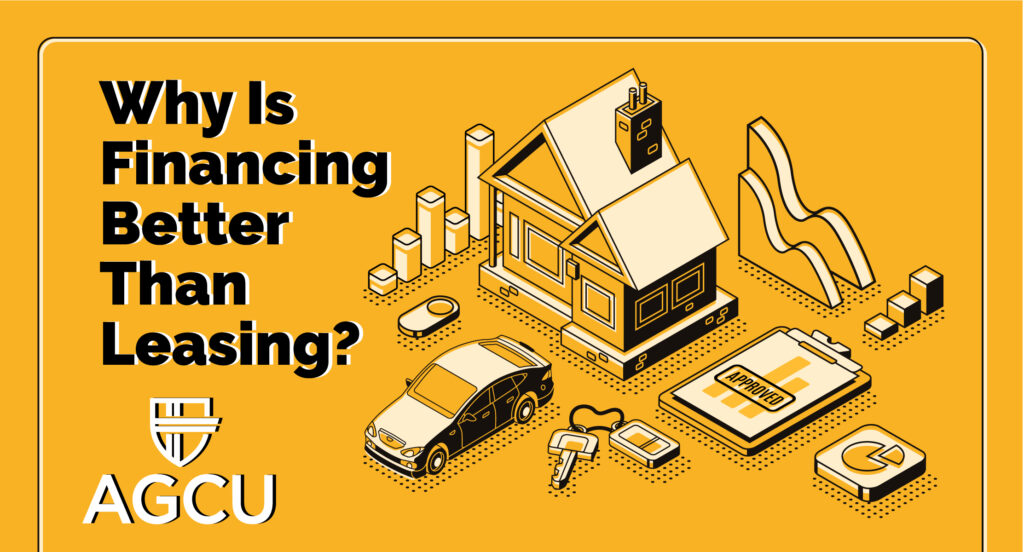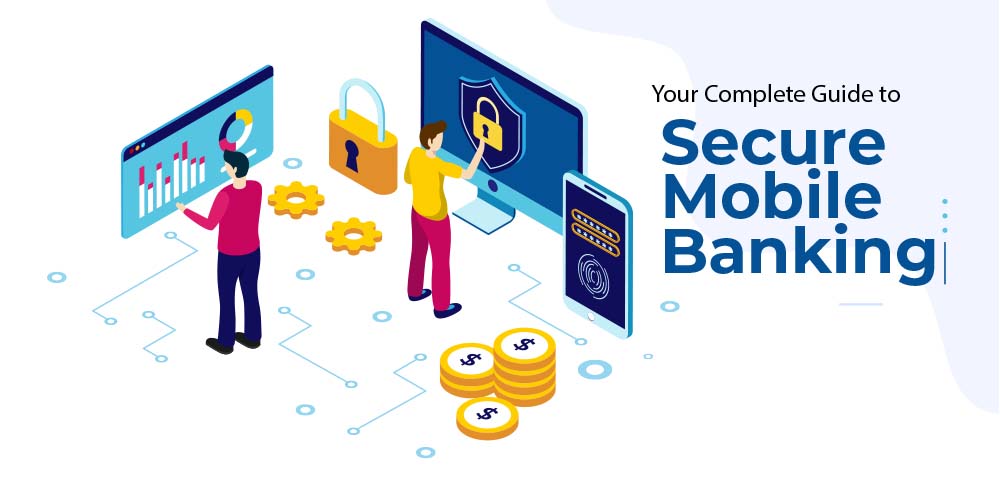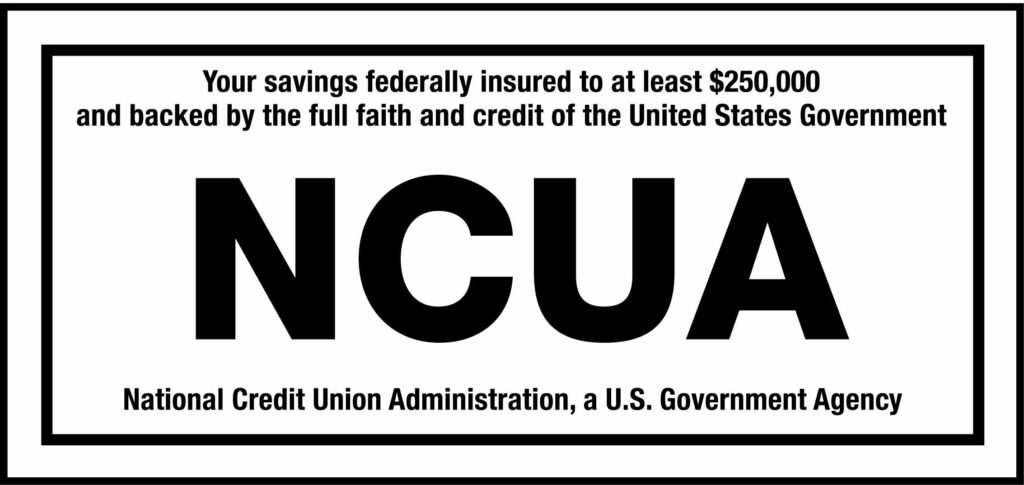8 Ways to Protect Yourself From Holiday Fraud
8 Ways to Protect Yourself From Holiday Credit Card Fraud

Fraudsters and scammers are always on the prowl, but experts say fraud attempts increase about 30 percent during the holiday season. So while you’re taking advantage of holiday shopping deals, fraudsters are looking to take advantage of you to steal your identity and run up charges on your accounts. Follow these tips to help protect yourself from fraud during the holidays.
1. Keep a close eye on your transaction history
It’s always important to review your account information regularly, but it’s especially critical during the holiday season when you’re likely spending more than usual. In the event of unauthorized transactions or discrepancies in your account, continual monitoring of your account will help if you need to flag suspicious activity to your bank or credit union.
2. Go mobile
Use Apple Pay, Samsung Pay, or other digital wallets as you cross things off your shopping list. Add your debit and credit cards to your digital wallets to take advantage of the latest forms of encryption protection so no matter if you’re in-store or buying online, your personal information is secure.
3. Ask yourself: Is this legit?
Be aware of scams when purchasing items online or even donating to charities. Does the deal look too good to be true? Is the site asking for irrelevant personal information? Ensure you are purchasing from legitimate and secure sites, and make sure you have the most updated anti-virus software just in case.
4. Verify site security
Before handing over your credit card information to a retailer, always verify that checkout is secure by confirming the URL starts with https://. This means the site is using an SSL certificate to secure data as it passes from the website to the server and keeps it safe from hackers.
5. Set account alerts
Most financial institutions offer customizable transaction alerts via email or text. Setting alerts can help you better manage your account (no more overdraft fees!) while also giving you peace of mind that no one else is accessing your accounts. Want to be alerted about any transaction over $50? Easy. Want to get pinged for every transaction you make with a debit card? Done.
6. Understand your credit card’s fraud protection offerings
Many credit cards offer something called “Zero Liability,” which applies to purchases made in the store, over the phone, online or via a mobile device. If your credit card offers Zero Liability, you won’t be held responsible for unauthorized transactions if you reasonably protected your card and promptly reported that your card was lost or stolen. Check your credit card agreement for more details.
7. Protect your PIN
Pay attention to your surroundings when using your credit and debit cards in public. The best way to protect your PIN is to shield the keypad anytime you enter your PIN. Also, be on the lookout for ATM skimming devices. Learn how to spot ATM skimming devices
8. Watch out for other scams
Following recent breaches, scammers are taking advantage of holiday shoppers by claiming to be from financial institutions, asking for your personal information so they can “make sure your information isn’t compromised.” In reality, anyone who contacts you directly asking for your information over the phone, via email or via social media is likely not authorized to do so. Err on the side of caution, do not respond, and proactively reach out to your financial institution to confirm if the call or message you received was legitimate.
Banking With A Purpose
Much more than a catchphrase, our tagline is our passion, our reason why we do what we do. This is the impact of your membership with AGCU. Learn More About Banking with a Purpose






 The YIPOA’s ministry will include a recreational center for area youth with the mission of revival.
The YIPOA’s ministry will include a recreational center for area youth with the mission of revival.



 Why is Financing a Vehicle Better than Leasing?
Why is Financing a Vehicle Better than Leasing? At first glance, both leasing and financing can seem like similar options, but there are a few critical differences. To put it simply, the process of financing a car is very much like paying off a home loan. You can secure a loan for the full amount of the vehicle from a third-party financial institution or directly through the dealership, then pay the loan back in monthly installments. Once you’ve paid back the loan, you own the car in full.
At first glance, both leasing and financing can seem like similar options, but there are a few critical differences. To put it simply, the process of financing a car is very much like paying off a home loan. You can secure a loan for the full amount of the vehicle from a third-party financial institution or directly through the dealership, then pay the loan back in monthly installments. Once you’ve paid back the loan, you own the car in full.


